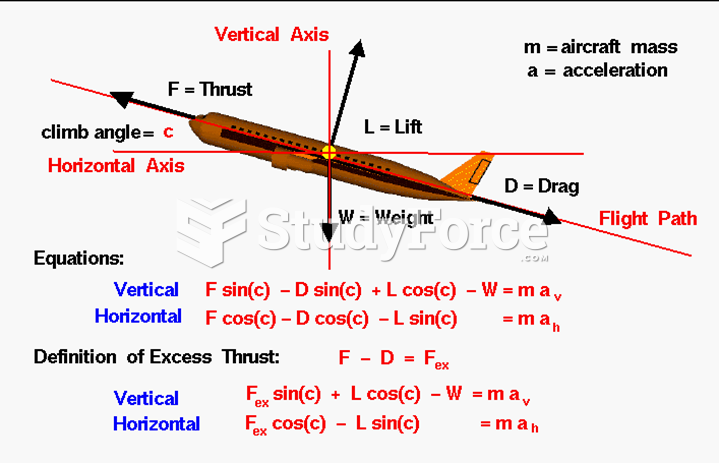In a Chapter 13 bankruptcy, creditors cannot force a debtor into bankruptcy; nor can they vote to confirm or reject a plan of reorganization.
Indicate whether the statement is true or false
Question 2
What term from Incoterms 2000 would you recommend under each of these scenarios? A transaction wherein an American seller is to transport the goods by sea from the port of Oakland, California to Vancouver, Canada and the Canadian buyer's sole obligations are to arrange for import clearance and purchase insurance against loss from the moment the goods cross the ship's rail. A transaction wherein a Greek buyer seeks to impose all obligations on the French seller, including export clearance, the cost of insurance, transportation of the goods by sea from Marseille, France, and import clearance at Piraeus, Greece, the port of destination. A transaction wherein a Dutch seller wishes to limit its obligations to notification of the American buyer that the goods are available for pickup at the seller's warehouse in Antwerp, Netherlands. A transaction wherein an American seller is to deliver the goods on board a ship in New York and arrange for export clearance for ultimate shipment to Rio de Janiero with the Brazilian buyer responsible for contracting with the carrier, the cost of obtaining insurance and obtaining import clearance. A transaction wherein a Canadian seller is to transport the goods by sea from Halifax, arrange for export clearance, unload the goods at their final destination in Oslo, Norway and make them available on the wharf while the buyer arranges for import clearance in Norway. A transaction wherein a Belgian seller is to deliver the goods to the wharf at the port of Antwerp, provide a receipt evidencing such delivery and facilitate export clearance with the Swedish buyer responsible for contracting with a carrier for their transport to Stockholm and bearing all risk of loss from the moment the goods are placed alongside the ship. A transaction wherein a Mexican seller is to contract for motor carriage of the goods, deliver the goods to another motor carrier for transport across the U.S. border, pay unloading and loading costs, arrange for export clearance and obtain insurance on the U.S. buyer's behalf for final delivery to Phoenix, Arizona.







